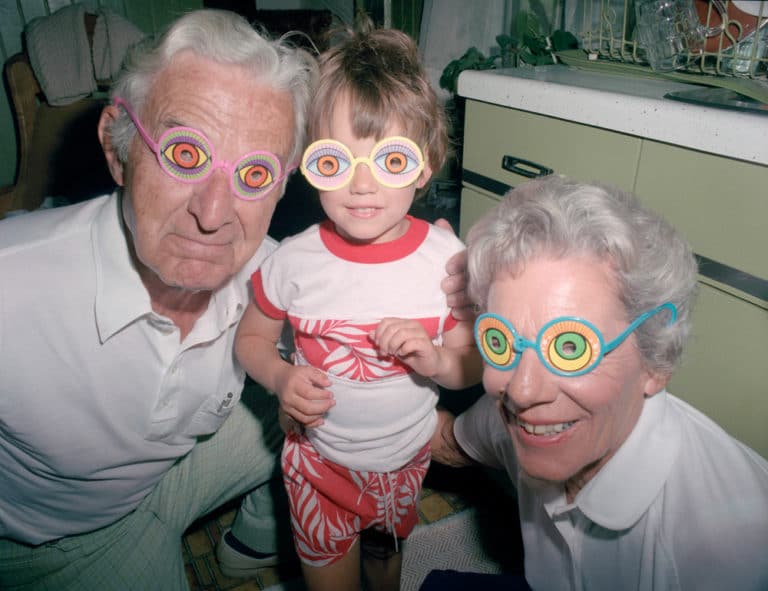LGBTQ lessons in primary school discontinued after parents protest

For several months now, parents have been protesting outside a primary school in Birmingham. Their objection? The Office for Standards in Education (Ofsted)-approved classes on equality, with a specific focus on a new curriculum that informs students about LGBTQ+ issues and history.
Andrew Moffat, the assistant head at Parkfield Community School in Saltley, Birmingham, developed the No Outsiders programme, which is currently being piloted at his school, in accordance with the 2010 Equality Act. Moffat has previously been awarded an MBE for his work in equality education.
Under the scheme, children of all ages, from reception to year six, would be taught five lessons per year, each one covering a different aspect of the 2010 Equality Act. After extensive protests from parents, who worried about the content of the classes, they have been paused—but not stopped permanently. This is a developing story, with more schools in Birmingham and some in Manchester now halting classes after similar protests, but I want to get to the core of the issue, and why this is setting a dangerous precedent.
The protests were mostly on religious grounds; the vast majority of the community and the pupils at the school are Muslim, and parents were objecting to the classes due to their faith. But after the protests gained media attention, Orthodox Jewish and conservative Christian parents also added their support.
The issue was first raised by Fatima Shah, who temporarily pulled her daughter out of the school. Speaking to the Birmingham Mail Shah said that, “It’s inappropriate, totally wrong. Children are being told it’s OK to be gay, yet 98% of children at this school are Muslim. It’s a Muslim community. He [Andrew Moffat] said all parents are on board with it, but the reality is, no parents are on board with it.”
Parents have claimed that primary school children are too young to be learning about these issues, despite Ofsted’s ruling that the lessons are entirely age-appropriate. More to the point, there are children at primary schools with same-sex parents, are they too young to be exposed to same-sex relationships too?
Olympian medalist Callum Skinner, whose father is gay, wrote a message in support of the programme on Twitter, saying that, “Mr Moffat sounds like he’s doing a great job. When I was at school, I was someone who had one set of same-sex parents. It sounds to me as if this programme is as much about protecting kids from intolerance as well as same sex couples. It should be commended, not shunned.”
These classes are not teaching children about the ins-and-outs of homosexuality; nor are they in outright contradiction to the religious teachings of many of the communities. “People are worried about the way the government are proposing to change sex relationship education in the UK and people are mixing that up with No Outsiders,” explained Mr Moffat to the BBC. “No Outsiders isn’t about sex education. It’s about community cohesion, British values, it’s about people getting along and co-existing.”
What’s disappointing—and could set a really dangerous precedent—is that the lessons currently being protested is derived directly from the Equality Act, which protects people from discrimination based on identity. The “protected characteristics” are: age, disability, gender reassignment, marriage and civil partnership, pregnancy and maternity, race, religion or belief, sex, and sexual orientation.
These new classes were introduced for the same reason that, say, children at a Christian primary school in rural England are taught about Islam and Hinduism. These set out to expose children to the diversity of thought, identity, and expression that exists throughout the United Kingdom. Children do not discriminate: they are taught to do so. Massive leaps toward greater equality take place when children are taught to be accepting and open to others. The classes are called No Outsiders: do those protesting really want to encourage the idea that there are—that there should be—outsiders?
LGBTQ+ people exist in all walks of life. When exposed to prejudice at a young age, children are taught that they’re different and that they don’t belong. They become isolated and repressed. These lessons would teach them that they belong, will be accepted and deserve to be loved. To object to these lessons is to object to these principles.
This story cannot be divorced from the legacy of Section 28, the Thatcher-era legislation that forbade schools from teaching about homosexuality in any way. The legislation stated that a local authority “shall not intentionally promote homosexuality or publish material with the intention of promoting homosexuality”, or “promote the teaching in any maintained school of the acceptability of homosexuality as a pretended family relationship”. In her 1987 Party Conference Speech, Mrs Thatcher remarked that, “Children who need to be taught to respect traditional moral values are being taught that they have an inalienable right to be gay… All of those children are being cheated of a sound start in life – yes, cheated.” Section 28 was repealed in 2003 under Tony Blair’s Labour government.
I’m left wondering why we aren’t asking the children what they think? They are being taught acceptance and diversity in an age-appropriate way. Are they genuinely left confused? Or just more open to the variety of the world? Discrimination can be taught—but so can tolerance.




